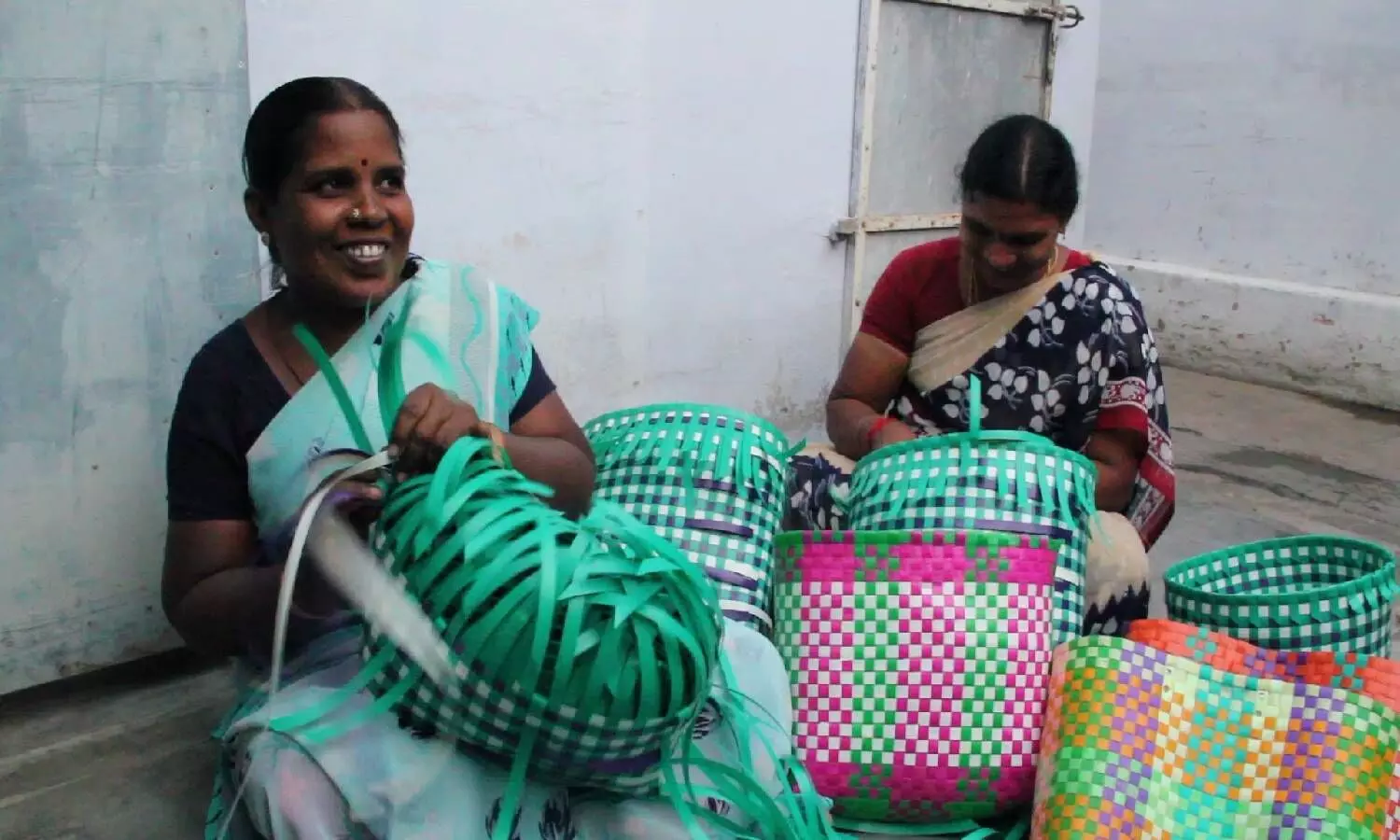Rural women entrepreneurs ready for digitalization, finds LEAD initiative
Despite barriers to access of digital devices and the internet, our study shows that there is willingness among rural women entrepreneurs to pivot to e-commerce and social commerce platforms
By Newsmeter Network
Hyderabad: The e-commerce market in India is estimated to grow to $200 billion by 2026 primarily driven by rapid internet penetration. In India, on an average, only 42.6 percent of women have ever used the Internet as against an average of 62.16 percent among men, the rural gender divide being even larger.
In this backdrop, the LEAD (Leveraging Evidence for Access and Development) initiative at Krea university, an action-oriented research centre of Institute for Financial Management and Research (IFMR) society has undertaken a study to understand the digital readiness of women entrepreneurs in rural India. The study aims to understand particularly their willingness and their experience of participating in e-commerce and social commerce platforms.
The researchers undertook a scoping exercise to understand the state of digitalization in India focusing on e-commerce and also conducted in-depth interviews with 167 women entrepreneurs from rural and semi-urban areas of Kerala and Rajasthan to understand the ground realities.
By comparing the digital readiness of various Indian states through a few parameters, researchers found that states such as Andhra Pradesh, Kerala, Maharashtra, Karnataka and Madhya Pradesh occupy top positions, and states such as Bihar, Rajasthan, Odisha are placed at the bottom.
The study analysed various factors that affect the uptake of digital tools, including the impact of infrastructure, institutional and individual barriers on the utility of digital tools, as well as level of engagement and awareness. Infrastructure barriers include access, time and training for technology, institutional barriers cover existing digital platforms or related initiatives (both by government and private institutions). Individual barriers comprise factors such as motivation, capability and adoption strategies of rural WEs.
The emerging findings from this study show that the large gender divide can be bridged through digital innovations that can be adopted by rural WEs of India. Commenting on this, Sharon Buteau, executive director at LEAD and the lead researcher on the study, says "Digitalisation in the enterprise landscape holds promise for transforming the potential of rural women entrepreneurs by improving their social and economic independence. Despite barriers to access of digital devices and the internet, our study shows that there is willingness among rural women entrepreneurs to pivot to e-commerce and social commerce platforms to improve their business and marketing practices."
The digitalisation of entrepreneurship will support rural women to take up independent entrepreneurship opportunities and overcome gender-based barriers. Factors like the availability and accessibility to adequate digital infrastructure (fast, technology and platform, access to information and Communications Technology (ICT), training for functional, technical and technological literacy, social support play an important role in facilitating the success of digital integration in rural WEs.